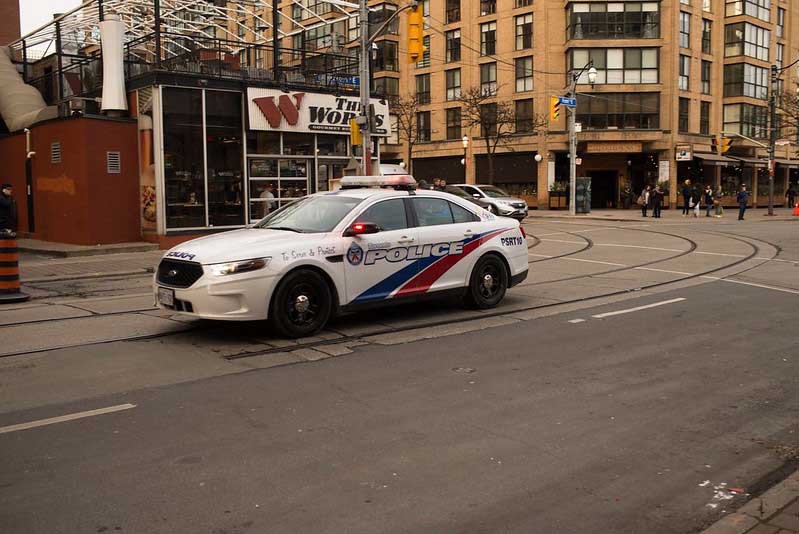There are fees associated with false alarms causing dispatches. Proper system use and maintenance can help you avoid those expenses. Guard dispatches cost $75.00/event. Police dispatches cost over $200/event.
The best way to avoid dispatches on false alarms is to answer your phone when the station calls and provide them with your passcode. Ensure you have others on your call list that the station can call if you are not available.
Many false alarms happen at night, if you put your phone on ‘do not disturb’ be sure to allow the station’s phone number to come through. If you are getting multiple false alarms send an email to our tech team (tech@thinksecure.ca) right away so we can help trouble shoot the problem and get it fixed quickly.
Most false alarms are caused when leaving a premise. The user forgets something and re-enters or fails to leave on time. When this happens immediately enter your code again to deactivate the alarm or report the false alarm to the station (416-444-7233) remember they will ask for your pass code.
When entering a premise, false alarms are caused when a person deactivating forgot their code or entered it incorrectly. Too many attempts will lock you out of the system. The station will call the premise. In this case it is important that you answer the station’s call and provide them with your pass code. Alternatively, you can call the station (416-444-7233) and report the false alarm. It takes about 20 minutes for the system to reset for you to enter your code again. Make sure everyone who needs to be able to deactivate the alarm knows the code well enough to enter it before the alarm triggers.
Pets can trigger the alarm – If you find that your pet is triggering the alarm contact our office to replace your motions with “Pet-immune motion sensors”. These sensors are specifically designed to allow the alarm to ignore movement from pets.
Light objects can trigger the alarm – Often alarms happen after a birthday party or event where decorations/balloons are able to move with the air. Keep areas around your motion detectors clear and be careful not to hang up loose or light objects that could blow into the motions area of protection.
Low batteries – Low batteries can lead to false alarms. Keep an eye on your keypad. The alarm system will typically notify you if one of the sensors has a low battery. Motion detectors, window and door contacts, and glass breaks usually take AAA or AA batteries and can easily be replaced. The larger panel batteries will require a service call. Give us a call to help determine which devices are low (905-326-7233).
Open zones – if a window or door is open the keypad will tell you there is an open zone when you try to activate your alarm. Make sure that all windows and doors are closed securely. If you find that you have to by-pass a zone to activate your alarm give the office a call so we can trouble-shoot what the problem may be and solve it before an alarm is triggered.
Old or faulty equipment – Although most false alarms can be attributed to human error, sometimes there are problems with the equipment. Your home security system requires regular maintenance. If you think there is a defect in any of the components don’t hesitate – give us a call (905)326-7233 so we can evaluate the problem and solve it quickly.

